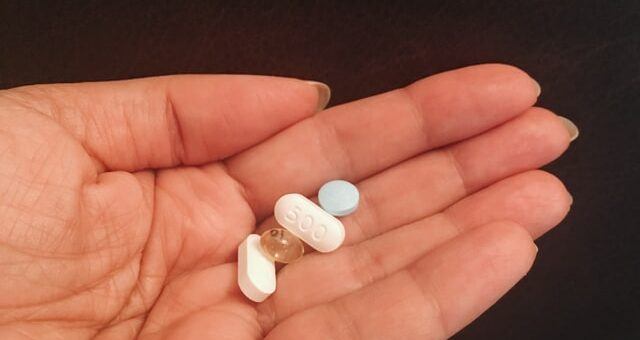Mental illness is one health concern that requires a consistent intake of medication for better management. Unfortunately, even finding the right medicine can be challenging. Some trial-and-error is necessary, and people might have limited access to the right medicine.
That can push patients with mental conditions to stop taking medications. Without medication, their conditions might become too severe.
What Happens When Psychiatric Medication Changes
When patients stop their psychiatric medication, they may start to experience side effects from this sudden change. The results may include headaches, drowsiness, fatigue, and nausea. Some even experience physical pain and anxiety that they could forget their medication intake again.
In the worst-case scenario, their illness and symptoms could evolve from mild to moderate. Increase the dosage in such cases could only bring life-threatening seizures.
These are the struggles many face and need to overcome. What patients need is a foolproof plan for managing their medications. They need to be consistent with their intake to get better and stop these adverse effects.
How to Reduce the Adverse Side-Effects
Fortunately, there are other ways to take care of this common scenario:
- Ideally, they should continue their medication intake as advised by their doctors.
- Close interaction and open communication between the patient and their clinician could prevent inconsistent intake. Since patients can provide feedback when necessary, they can avoid certain negative scenarios.
- A clear discussion of the possible withdrawal symptoms and potential side effects of stopping might also help them remember the importance of taking medications on time.
How Interactive Electronic Monitoring Can Help
Nowadays, cloud-based applications help both the clinician and their patients monitor the situation in real-time and without any hassle. These electronic monitoring apps allow both parties (and even their family members) to see accurate and comprehensive information about the patient’s medication details, including the type of medication they need and if they meet the dosage recommendations.
With the help of this technology, keeping the concerned party updated will be more manageable from the patient’s end. It would be easier to inform the doctor about their mood, behavior, and other important details. They would also forget less often—if they forget at all. They can make accurate and complete reports that would be helpful for their doctor’s reference.
On the clinician’s end, they can see the patient’s data in a few clicks. They no longer need to rely on meeting-based reports that could be incorrect and incomplete. Thanks to technology, they can quickly assess the patient’s current situation based on the app’s records.
Conclusion
Modern technology now has many ways of improving the lives of people in its different facets. The app can simplify everything, from reminding patients when to take their medicine to acquire their daily medication log. By just downloading the correct application or cloud-based software, you have the means to self-monitor and inform people about your situation without inconvenience.
If you are looking for the best medication tracker app to try for you or your loved one, you should download MedManage. This app helps you log and manage your or their medication through its daily medication log feature. It also allows you to speak to a pharmacist about your medication questions or share your medicine list with them for remote monitoring and medication review, all directly from the app.

